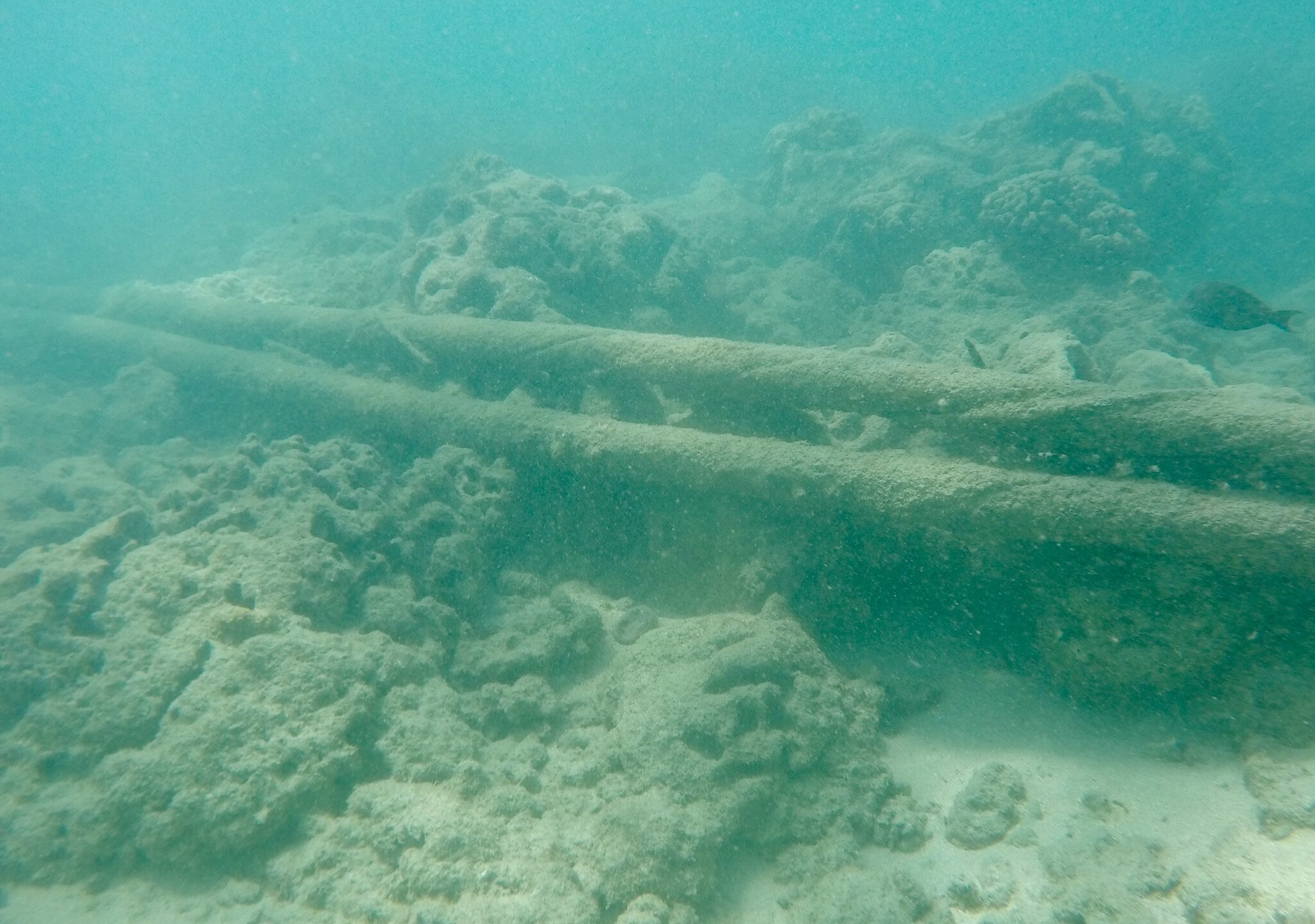December 17, 2024
Protecting undersea cables from sabotage without triggering a storm

The undersea cable network, the unseen backbone of global communications, carries 95 percent of international data, including financial transactions, military communications and internet connectivity. Despite its vital role, this infrastructure is both vulnerable and poorly defended, lying exposed on the ocean floor and shielded primarily by its obscurity.
Recent incidents in the Baltic Sea and near Taiwan have underscored the risks, with evidence suggesting that powers such as Russia and China are testing the West’s resolve to protect these critical lifelines.
Last month, two undersea cables in the Baltic were severed, disrupting communication between Finland and Germany as well as between Sweden and Lithuania. Suspicion has fallen on the Chinese-flagged bulk carrier boat Yi Peng 3, which was reportedly dragging its anchor across the seabed near the cables while transporting Russian cargo. Investigators believe this may have been an act of sabotage involving tacit cooperation between Beijing and Moscow.
Meanwhile, in Asia, undersea cable disruptions near Taiwan have raised concerns that China could be probing vulnerabilities in anticipation of a potential crisis.
Author

Andrew
Latham
Non-Resident Fellow
More on Eurasia

Featuring William Walldorf
March 24, 2025

Featuring Jennifer Kavanagh
March 24, 2025

Featuring Jennifer Kavanagh
March 19, 2025

By Rajan Menon
March 19, 2025
Events on Grand strategy




